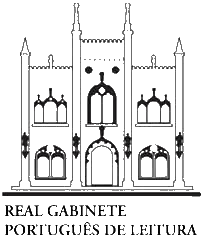Sobre a última avaliação pública do "Qualis Periódicos"
No dia 12/01/2026, a CAPES divulgou sua última avaliação pública do "Qualis Periódicos".
A Convergência Lusíada foi classificada como B1.
O RGPL e sua Equipe Editorial consideram que esse resultado avaliativo não é compatível com a realidade da revista, seja pela qualidade de seus autores (nacionais e internacionais), artigos, Conselhos Editorial e Consultivo, seja pelos seus indexadores, apuro gráfico em meio eletrônico, periodicidade e representatividade reconhecida na área de Letras, sobretudo em relação aos estudos de cultura e literatura portuguesa e aos diálogos com outras literaturas, além da valorização permanente das relações luso-brasileiras.
A Convergência Lusíada, que completa neste ano 50 anos de existência, continuará seu caminho de excelência, firme no seu trabalho de edição e independente de avaliações circunstanciais sem detalhamento específico ou possibilidade de revisão.
Informa-se ainda que, no período de 2020-2024, considerando métricas do Google Scholar, a Convergência Lusíada apresentou índice h-5 = 4 e a h-5 mediana=6, médias compatíveis com a realidade de impacto dos artigos produzidos pela Área de Letras e Linguística, sobretudo no campo dos estudos literários de língua portuguesa.
Rio de Janeiro, 13/01/2026
Read more about Sobre a última avaliação pública do "Qualis Periódicos"







